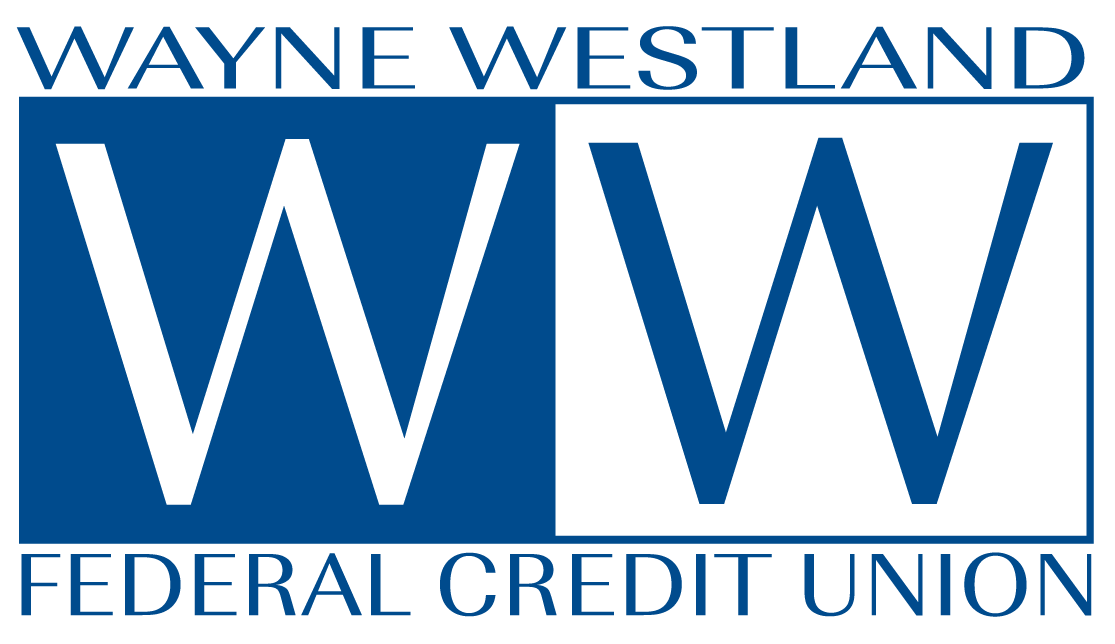Keeping your personal budget and accounting organized is necessary to ensure any kind of financial security. Managing such accounts and budgets down to the individual transaction is, at best, a tedious task if handled the traditional pen-and-paper way. Fortunately, help is available. The option you choose will depend on whether you’re an excel monkey — comfortable with math, formulas and spreadsheets — or a people person who prefers to work with an expert.
Your Electronic Friend: Specialty Software
There are a myriad of purpose-made “plug-n-play” applications for personal bookkeeping and budgeting. These products can automate alerts for bills due and account balances, as well as provide a real-time view of all your linked accounts. Some applications organize your expenses into categories, while others merely keep a running list of transactions.
You’ll have to trust the service with your financial and personal information, understanding that these products are often web-based. But, as long as you use a reputable, time-proven product, you can feel reasonably assured that your information will be safe. If you’re still unsure, check the service’s security policy.
For the People Person: Financial Planners
If you’re not financially savvy, a financial planner could help you work out behaviors, plans and a lifestyle to get yourself on track. These professionals are especially helpful when you have medium- or long-term financial goals and don’t have any idea how to meet them. Think of a personal trainer at the gym who guides your workouts and nutrition. Instead of counting your calories, a financial planner will help you count your greenbacks.
There are many different types of financial planners, so make sure you know your goals going in. To make sure the one you’re seeing can help you, ask them to describe their typical customer — before you tell them your goals. This will help you discern the planner’s expertise and if the planner is well versed in what you need. There’s a difference between someone who specializes in helping people budget for their first home and someone who specializes in wealth management.
Beware though: Sometimes planners will try to sell you financial products. Ensure that your planner is “fee-only,” which means they only get paid based on the advice they give you, and don’t receive any kickbacks. Make sure that whoever you hire has a fiduciary duty to you. A fiduciary will be legally obligated to give you only the best advice.
For the Computer Savvy: DIY with Spreadsheets
If you’re into building your own analytics, this option is for you. The possibilities here are endless. You can connect expenses, incomes, habits and goals to analyze and plan with specificity. This is beyond the capability of most purpose-built software. Fair warning: it will require a bit of math and a free weekend to set up. However, even if you’ve never used a spreadsheet before, you can get the hang of it after just a few tutorials.
For example, if you’re somewhat obsessive about your health and your diet, you could record the foods and beverages you consume, then sort out how much of each macronutrient you’re getting from each item. You’ll then be able to analyze the cost-efficiency of those calories, and whether you can consume different combinations of food for a less expensive, more well-rounded diet.
While spreadsheet tools are comprehensive enough that you could practically recreate some of the purpose-built software, you should avoid the temptation. Even the most die-hard Dyer would do well to reserve spreadsheets for situations that require a specific need. Building an entire solution will probably be unwieldy (in comparison to purpose-made software) and very time consuming.
Mix and Match for Best Results
There is no perfect all-in-one solution. For most people, a combination of two or more of the above options will be ideal.




